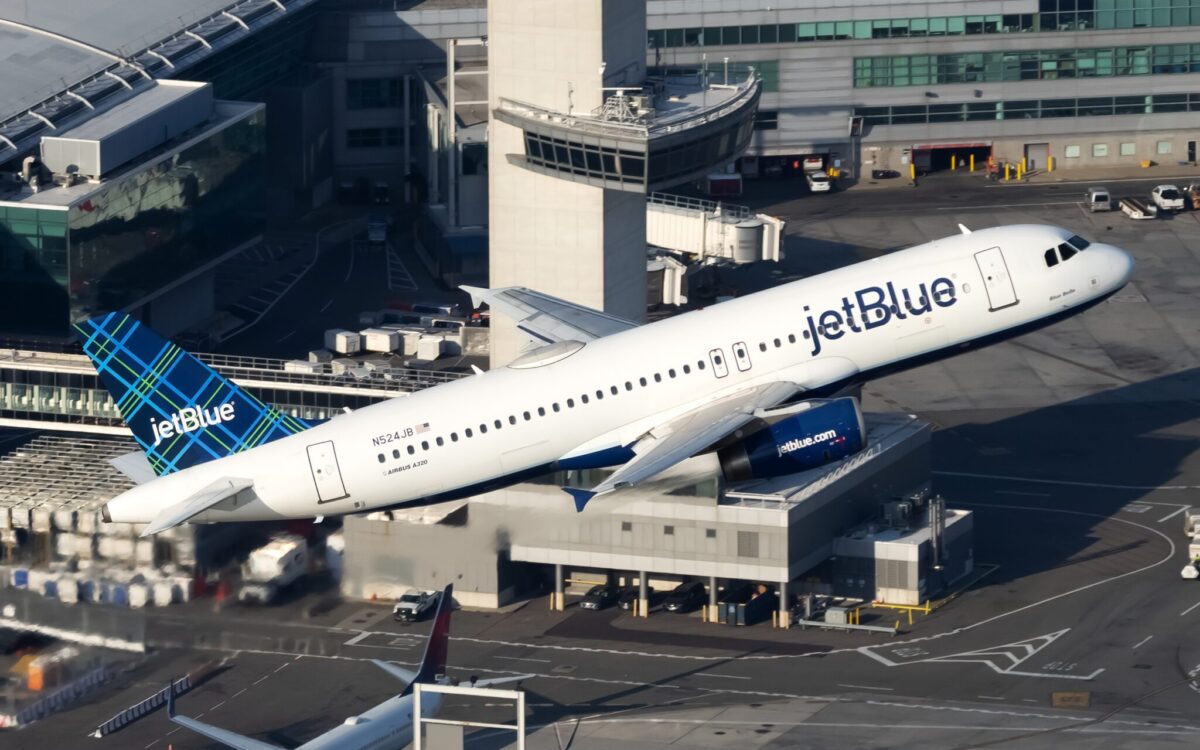Orbitz to Soon Learn What Business Is Like Without Travelport’s Influence

Skift Take
Except for one onerous contract, Orbitz Worldwide likely will soon be free from the control of Travelport, which has exercised its control or overriding influence for a decade.
That’s because Travelport, as it gets ready to execute on a hoped-for IPO, is cashing out entirely of its holdings in Orbitz Worldwide.
Orbitz Worldwide has announced the pricing of 34 million shares in a public offering of its common stock held by an affiliate of Travelport, and the underwriter has the option to buy the remaining 5 million shares from the Travelport affiliate. This secondary offering is slated to close July 22.
Travelport currently beneficially owns 36.1% of Orbitz Worldwide’s common stock, and although that doesn’t constitute “control,” Travelport has the ability to exert an overriding influence on Orbtiz Worldwide’s operations.
Travelport currently has consent rights relative Orbtiz Worldwide’s affairs, and that means board appointments, mergers and acquisitions, and financing arrangements are all subject to Travelport influence.
In 2010, when Travelport beneficially owned more than 50% of Orbitz Worldwide’s shares, that control hurt Orbitz Worldwide because it wasn’t free to work out a new relationship with American Airlines, and the airline removed its flight displays from Orbitz Worldwide.
American sought to forge a direct-connect relationship with Orbitz that would have cut out global distribution systems such as Travelport GDS.
The Travelport-Orbitz relationship dates to 2004 when Cendant acquired Orbitz. In 2006, affiliates of Blackstone and Technology Crossover Ventures acquired Travelport from Cendant. Orbitz was part of the acquisition, and eventually became a public company, albeit still controlled by Blackstone and Travelport.
Travelport began selling shares in Orbitz Worldwide in April 2014, but still beneficially owns 36.1% of Orbtiz Worldwide’s common stock.
Once the public offering is complete next week, and Travelport cashes out of Orbitz Worldwide, the online travel agency should have a lot more leeway to call its own shots in terms of strategy, mergers, acquisitions and partnerships.
The transaction could also lead to a lot more volume in the trading of Orbitz Worldwide’s shares. Trading volumes had been relatively subdued due in part to Travelport’s control and influence over Orbtiz Worldwide over the years.
There is at least one area, however, in which Orbitz Worldwide is not free of Travelport’s grip.
The two companies entered into a global distribution system contract on February 4, 2014, which requires Orbitz Worldwide to use Travelport GDSs for all air and car rental bookings domestically, and there are exclusivity provisions internationally, as well.
Orbitz Worldwide could get more flexibility over its possible use of global distribution systems other than Travelport’s starting in 2015.





